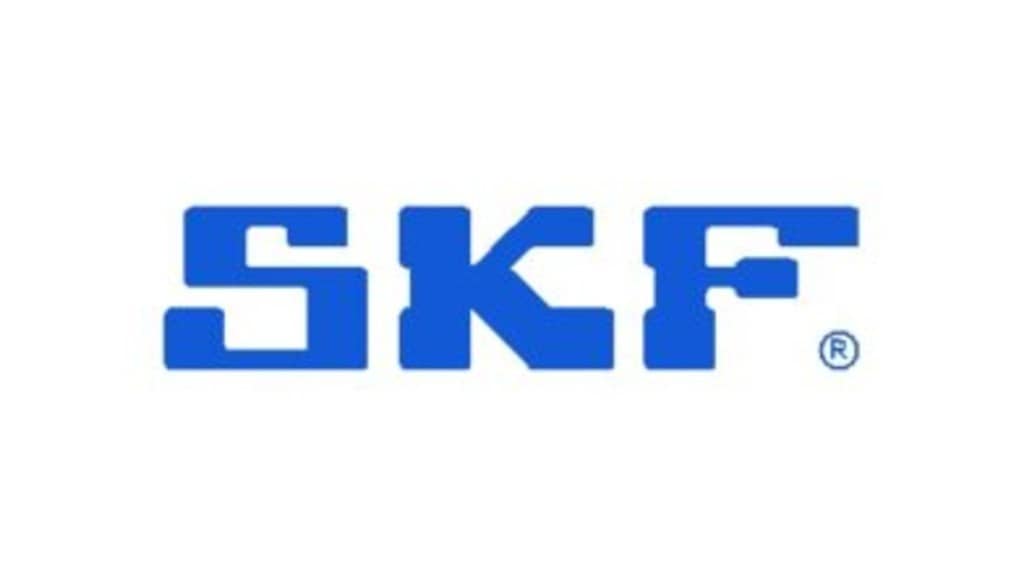SKF India announced on Wednesday the successful completion of its industrial business demerger. The newly independent industrial entity is slated to be listed by November, which the company anticipates will unlock value for shareholders. For every share held in SKF India, shareholders will receive one share of SKF India (Industrial).
The demerger allows SKF India to maintain its automotive operations while providing shareholders direct access to two complementary growth sectors. Effective October 1, SKF India will continue as the automotive entity, while SKF Industrial aims to establish itself as a strong, independent business focused on industrial growth.
Dedicated capital for automotive and industrial
SKF Industrial plans to invest between ₹800 crore and ₹950 crore by 2030, which includes the establishment of a new plant in Pune by 2028. This investment strategy aims to drive growth in infrastructure, railways, renewable energy, and heavy industries. Meanwhile, SKF Automotive will invest between ₹410 crore and ₹510 crore by 2030 to enhance its electric vehicle (EV), two-wheeler, and wheel-end bearing capabilities across facilities in Haridwar, Pune, and Bangalore.
Mukund Vasudevan, managing director of SKF India, stated that the creation of two focused, independent companies aligns with India’s dual growth drivers—industrialisation and mobility. He emphasised that SKF Industrial will play a vital role in supporting India’s manufacturing expansion, infrastructure development, railway network growth, and renewable energy initiatives. SKF Automotive is poised to capitalise on the trends of EV adoption, last-mile commercial vehicles, and premium vehicle offerings. “This structure enhances our capacity to allocate capital effectively, accelerate innovation, and deliver distinct value streams for customers and shareholders, all while contributing significantly to India’s economic transformation,” Vasudevan remarked.
Sharpened focus and enhanced stakeholder value
SKF Industrial will focus on growth in manufacturing, railways, renewables, cement, mining, metals, and other heavy industries. In contrast, SKF Automotive will concentrate on electrification, premiumization, last-mile delivery solutions, hybrid technologies, and advanced safety solutions.
With separate boards and governance structures, both entities will operate with strategic autonomy while leveraging SKF’s global technology and innovation ecosystem. For investors, this separation will provide clearer performance benchmarks, improved transparency, and access to distinct value streams.

